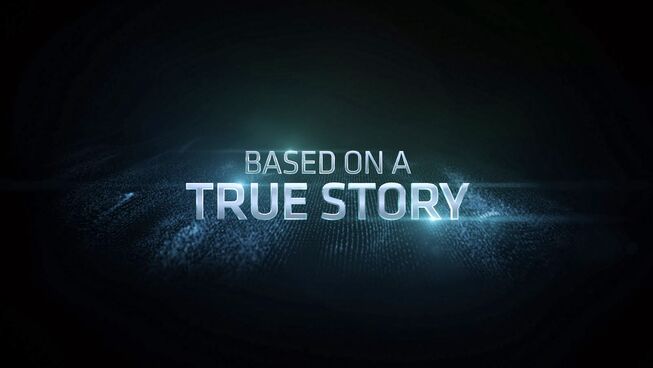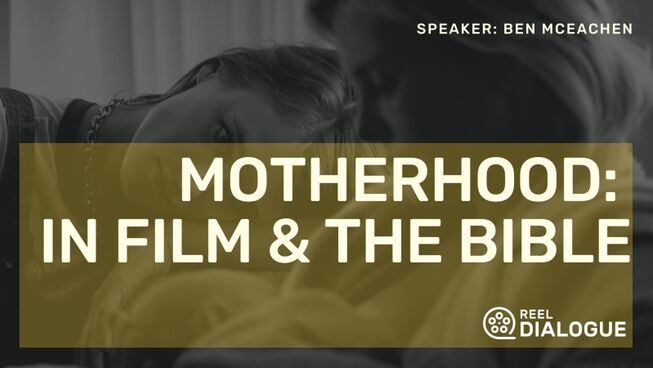
3 out of 5 stars
'Fight for the things that you care about, but do it in a way that will lead others to join you.' Ruth Bader Ginsburg
With the focus on racial and gender civil rights in the media, it is no surprise that one of the legal champions of modern society would get some attention. Two films recently released about the impact this legal activist had on the political landscape of the time are On the Basis of Sex and RBG.
Supreme Court Justice Ruth Bader Ginsberg (Felicity Jones) has become a cultural icon during what most would consider their retirement years. In her eighties, she has proven to be an example for women as a brilliant legal mind, a pioneer, civil rights advocate and activist. Over the decades, few people have had more of an impact on gender rights than this pint-sized legal dynamo. Director Mimi Leder’s (Pay It Forward) film goes back to where it all began with the Ginsbergs at Harvard and how they eventually went on to take on the United States legal system and fight for the equal rights of men and women.
Ruth and Martin (Armie Hammer) attended Harvard Law School during the tumultuous times of the 1960s, but their attention was more on completing their course work than how the culture was changing around them. After winning a bout with cancer and graduating a year before his wife, Martin is hired by a New York firm. Despite being top of her class, the dean of students will not allow Ruth to finish her degree at another school and she must transfer to Columbia to complete her law degree.
After graduation, she fails to secure a position with any firms in New York because she is a woman. The young lawyer decides to take a professorship at Rutgers university instead, to teach The Law And Sex Discrimination. As time moves into the ’70s, she is eventually given a case where a man has been discriminated against because of his gender.
Charles Moritz wanted to hire a nurse to help him care for his ageing mother while he goes to work. He was denied a tax deduction for this care for his mother because at the time the tax law stated the inference to "a woman, a widower or divorcèe, or a husband whose wife is incapacitated or institutionalised”. The Ginsbergs, the ACLU (American Civil Liberties Union) and women’s rights activist Dorothy Kenyon (Kathy Bates) chose to take on the case in Tenth Circuit Court of Appeals. They all hoped to change the way the laws of the US discriminate against people based on gender and even establish their place in history.
Different historical commentators may have varied opinions on the influence of Ruth Bader Ginsberg on the American political landscape, but no one can deny that she has not had an impact. Besides her high profile appointment as a Supreme Court justice, most of her work has been done quietly behind the scenes in law schools, legal offices and courtrooms. These legal activities do not always lead to a compelling cinema experience, but to surround these actions with her family’s story and the tumultuous times of the ’60s and ’70s provide some convincing drama.
The most compelling aspect of the Ginsberg story was their marriage. Jones and Hammer prove to have fantastic chemistry and they manage to depict a wonderful marriage. In amongst the continual battle for gender equality, the Ginsbergs prove that their marriage always took precedence. While much of the discussion around this topic tends to diminish the value of one sex for the sake of the other.
This on-screen couple manage to portray mutually honest love, support and admiration for one another in the family home. Proving that a marriage can be a benefit in times of challenge and change, the very purpose of a union of a man and woman. Without intending it, they managed to show a biblical example of marriage which provided a more engaging and human element to the film than the courtroom antics and political manoeuvring.
Reel Dialogue: What does the Bible say about marriage:
Genesis 2:20-24, Proverbs 19:14, Matthew 14:4-6, 1 Corinthians 7, Ephesians 5








